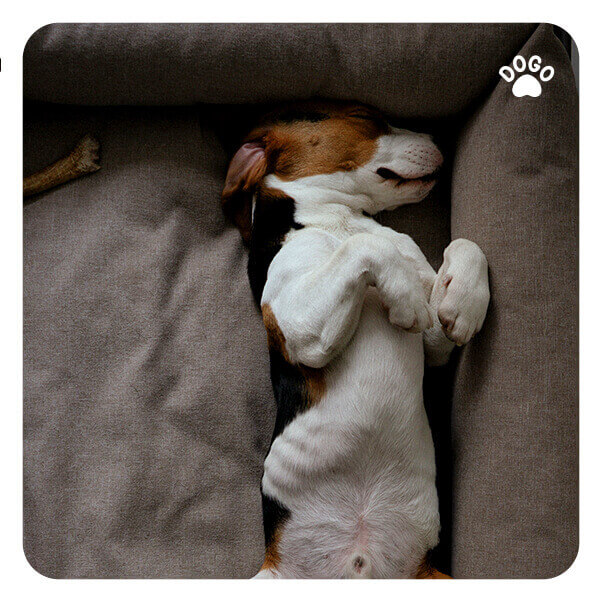 Welcoming a new puppy into your home is an exciting and joyful experience. As you watch your new furry friend explore their surroundings, play, and learn, you may notice that they sleep—a lot. Understanding your puppy’s sleep needs is crucial for their overall health and well-being. In this post, we’ll explore the topic of puppy sleep, discussing how much sleep puppies need, the importance of sleep for their development, and how you can help your puppy establish healthy sleep habits.
Welcoming a new puppy into your home is an exciting and joyful experience. As you watch your new furry friend explore their surroundings, play, and learn, you may notice that they sleep—a lot. Understanding your puppy’s sleep needs is crucial for their overall health and well-being. In this post, we’ll explore the topic of puppy sleep, discussing how much sleep puppies need, the importance of sleep for their development, and how you can help your puppy establish healthy sleep habits.
Understanding Puppy Sleep Needs
Puppies, like human babies, require a substantial amount of sleep to support their rapid growth and development. On average, a newborn puppy can sleep up to 22 hours a day. As they age, this number gradually decreases, but even a three-month-old puppy may still need around 15-20 hours of sleep per day. This high need for sleep is due to the energy they expend during their waking hours, as well as the critical role sleep plays in their physical and mental development.
The Importance of Sleep for Puppy Development
Sleep is essential for puppies as it directly impacts their growth, immune system function, and overall well-being. During sleep, puppies’ bodies release growth hormones, which are crucial for their development. Additionally, adequate rest helps puppies regulate their metabolism and maintain a healthy weight. Furthermore, sleep is vital for their cognitive development, as it allows the brain to process new information and experiences. Puppies that do not get enough sleep may become irritable, have difficulty learning, and may be more prone to behavioral issues.
Establishing Healthy Sleep Habits
As a puppy owner, you play a vital role in helping your furry friend establish healthy sleep habits. Creating a comfortable and safe sleeping environment for your puppy is the first step. Providing a cozy bed or crate in a quiet, dimly lit area can help your puppy feel secure and promote restful sleep. Additionally, establishing a consistent daily routine can aid in regulating your puppy’s sleep patterns. Ensuring they get plenty of physical activity during their waking hours can also contribute to a more restful night’s sleep.
Understanding Your Puppy’s Individual Needs
It’s important to remember that every puppy is unique, and their sleep needs may vary. Factors such as breed, size, and individual temperament can all influence how much sleep a puppy requires. Additionally, just like humans, puppies may experience disruptions in their sleep patterns due to changes in their environment, new experiences, or illness. Paying attention to your puppy’s behavior and adjusting their sleeping arrangements as needed can help ensure they get the rest they need.
In conclusion, understanding and meeting your puppy’s sleep needs is crucial for their overall health and development. By providing a comfortable sleeping environment, maintaining a consistent routine, and paying attention to your puppy’s individual needs, you can help them establish healthy sleep habits that will support them as they grow and thrive. As you navigate the journey of puppy parenthood, remember that a well-rested puppy is a happy and healthy puppy.[/fusion_text]



